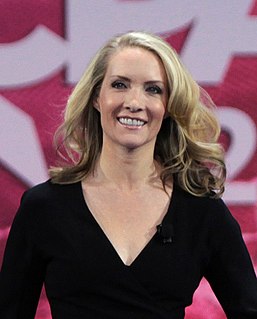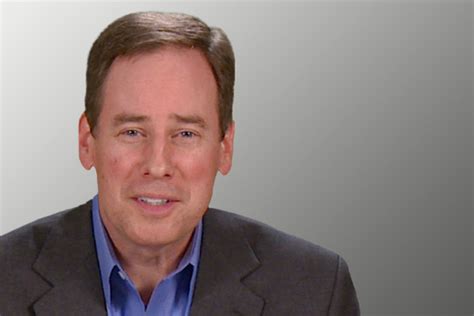A Quote by Bill Gates
The flatter the corporate hierarchy, the more likely it is that employees will communicate bad news and act upon it.
Related Quotes
All employees are obliged to act in concert, to behave in accordance with corporate form and corporate law. If someone attempted to revolt against these teets, it would only result in the corporation throwing the person out, and replacing that person with another who would act according to the rules. Form determines content: Corporations are machines.
No decision-making system is going to guarantee corporate success. The strategic decisions that corporations have to make are of mind-numbing complexity. But we know that the more power you give a single individual in the face of complexity and uncertainty, the more likely it is that bad decisions will get made.
Some good employers provide people benefits. Many do not. The ones that do not tend to be the low end of the pay scale. This program will give those employers a way to support their employees. The employees will get this benefit, making it more likely that their employee will come back to them - that's a benefit for the employer over the long term and a benefit for the employee and all the while supporting families in their time of need.
People who get higher pay are more willing to relocate--especially to undesirable locations at the company's behest... A corporate secretary may change companies in the same town; a corporate executive is more likely to change towns with the same company. A talented corporate secretary sees an invitation to relocate as an invitation; a future corporate executive sees an invitation to relocate as an opportunity--and an obligation.
Someone who has thought rationally and deeply about how the body works is likely to arrive at better ideas about how to be healthy than someone who has followed a hunch. Medicine presupposes a hierarchy between the confusion the layperson will be in about what is wrong with him, and the more accurate knowledge available to doctors reasoning logically. At the heart of Epicureanism is the thought that we are as bad at answering the question "What will make me happy?" as "What will make me healthy?" Our souls do not spell out their troubles.

































